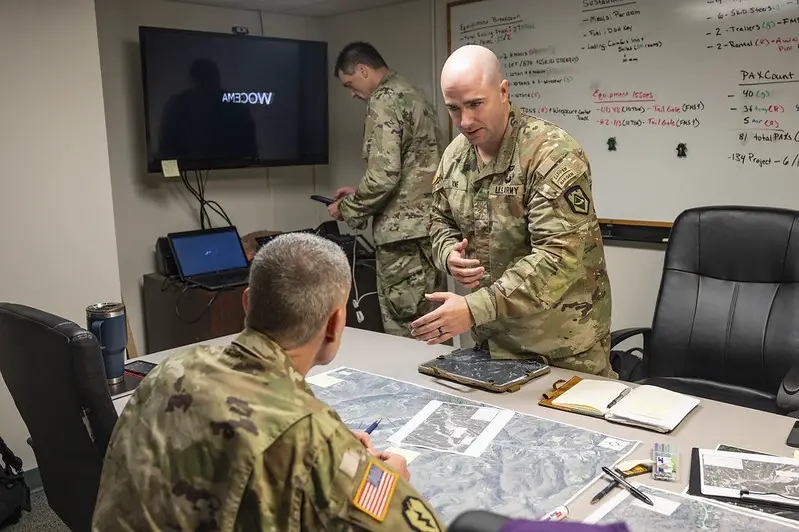Dear Recycle Lady,
Spring is upon us, and if any of your readers are wondering what plants to grow, here is some information I have found helpful. There are benefits to using native plants in your garden and landscaping – they are low maintenance, conserve water, add beauty to the landscape and provide food and shelter for wildlife.
Secondly, according to author Doug Tallamy, in “Bringing Nature Home,” “When native plants disappear, the insects disappear, thus impoverishing the food source for birds and other mammals.” Native plants and seeds can be purchased locally from Sunshine Farm and Gardens in Renick, West Virginia (www.sunfarm.com, 304-497-2208) or they can be purchased online from http://www.prairiemoon.com. Lover of Birds, Bees and Food
Dear Lover of Birds, Bees and Food,
Thanks for the very timely information. Hopefully, calling our attention to the value of native plants will inspire readers to use native plants in their gardens and landscaping. Native plants suitable for this area can be found at https://www.nwf.org/NativePlantFinder/Plants by using your zip code.
Dear Recycle Lady,
I read that Earth Hour was last week. What is Earth Hour? Missed Earth Hour
Dear Missed Earth Hour,
Earth Hour began in 2007 as a symbolic event to show support for the planet by turning all non-essential lights off for one hour at 8:30 local time on the last Saturday in March. According to https://www.earthhour.org, Earth Hour is more than turning off lights for one hour. It is a symbol of unity, of hope and a demonstration of the power of collective action for our future and the planet’s. In 2024, Earth Hour will be Saturday, March 29.
Dear Recycle Lady,
What are floating cities? Sounds Interesting
Dear Sounds Interesting,
Floating Cities are homes that are on the water. According to freetheocean.com, “They are essentially platforms designed to host marine farming, aquaculture, research and even living on the ocean!” They are self-sufficient and equipped with everything needed to sustain life. Historically, people have lived on the water in fishing villages in Southeast Asia, Peru and Bolivia. More modern homes on the water are found in Canada and the Netherlands. Floating cities of the future will have sustainable homes that are climate-friendly and offer an alternative to living in overcrowded cities. They must be able to withstand floods, hurricanes, tsunamis and strong waves. Ideas for proposed platform designs, communal facilities, making seawater drinkable, harnessing wave power and using organic waste to generate energy are being researched, along with the necessary supportive technology. For further information, see https://www.freetheocean.com/journal/move-over-land-sustainable-floating-cities-are-the-future/.
Good News. McDonald’s sells over 1.5 billion Happy Meals to kids every year, and by 2025, none of their toys will be made from fossil fuel-based plastic. They will be made from cornstarch, recycled plastic bottles and plant-based resins. That’s “McGood” news! (fto.com)
Have questions about recycling or interesting information about recycling? Send questions or requests to recyclelady@greenbrier-swa.com. Dear Recycle Lady is sponsored jointly by the Greenbrier Recycling Center and Greenworks Recycling.



















